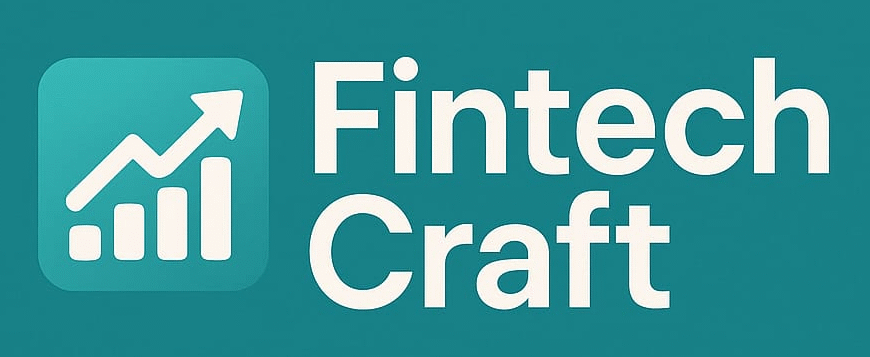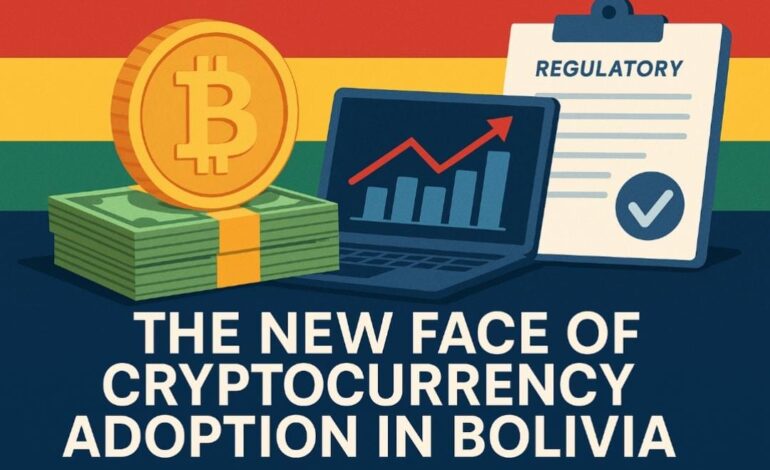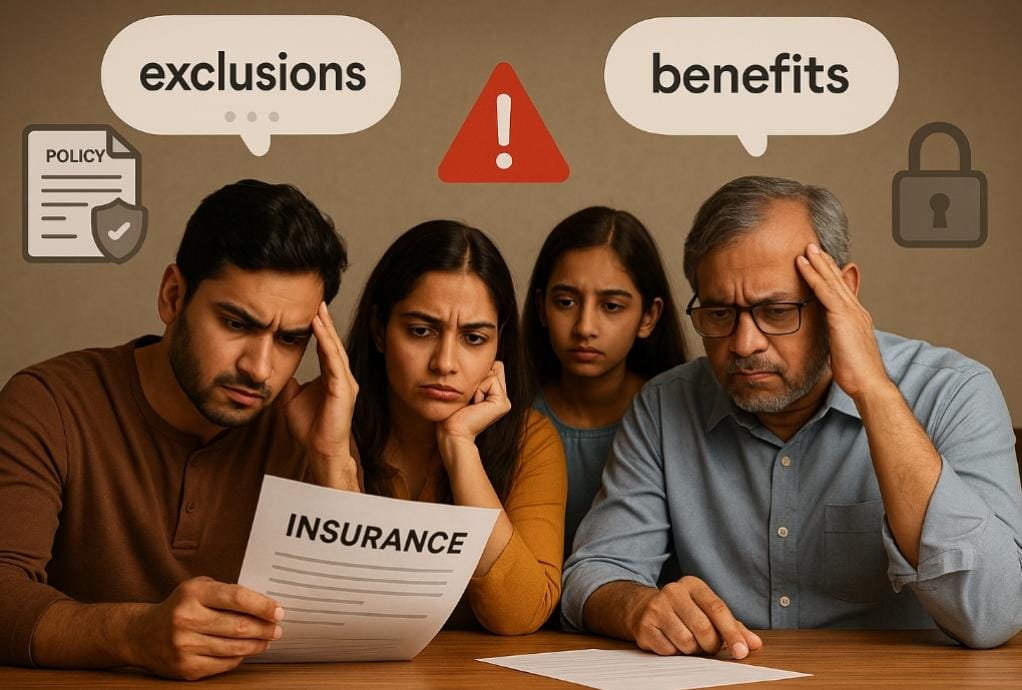
Health Insurance Claim Denied: One Man’s Viral Battle for Justice
Health Insurance Claim Denied: Sumit Kumar was already worried—his wife had a persistent fever, and local clinics couldn’t help. But when he admitted her to a hospital in Pune, he found himself battling more than illness. The real struggle began with a health insurance claim rejection.
Sumit, an RPA business consultant from Pune, took his wife to Manipal Hospital on July 15 after her symptoms worsened. Before heading there, he called Star Health Insurance, his insurer. Their representative confirmed that the hospital was part of the cashless network and told him to proceed.
“They clearly said, ‘Yes sir, you can go. We will provide cashless treatment,’” he wrote in a viral LinkedIn post.
However, the OPD was closed that afternoon, and they were directed to the emergency ward. The attending doctor administered IV fluids and recommended hospitalisation, suspecting dengue or other serious viral causes. His wife was admitted between 5 and 6 PM.
Sumit called the insurer again. This time, the agent said, “If she’s admitted for more than 24 hours, your claim will be approved.”
She stayed for more than 48 hours. But the claim was still denied—three times.
“Who Are They to Overrule a Doctor?”
Star Health’s rejection reason: “Hospitalisation was not medically necessary.” This, despite multiple letters from the hospital explaining the medical need. Sumit couldn’t understand it.
“I followed the doctor’s advice. Isn’t that what a responsible husband should do?” he wrote.
“They just kept sending copy-paste replies with no real explanation.”
Adding to the stress, he noticed billing discrepancies at the hospital and negotiated the final bill down to ₹41,000, paid out of pocket. But the emotional cost, he said, was far greater.
“You’re worried about your wife. Then you’re emailing, calling, begging—it’s mentally exhausting.”
Despite sending every document requested, the claim was rejected repeatedly.
One Viral Post Changed Everything
On July 26, Sumit shared his full experience on LinkedIn. The post quickly went viral—thousands of views, comments, and support from others with similar experiences.
The next day, Star Health called. They apologised and offered partial reimbursement—₹36,000 out of the ₹41,000 bill.
“I didn’t upload any new documents. The only thing that changed was public pressure,” Sumit wrote.
“We pay premiums for peace of mind, not for mental harassment.”
Star Health Responds
In a statement to IndiaToday.in, Star Health Insurance said that all claims are reviewed by medical professionals based on clinical evidence and treatment protocols.
“In this case, the initial documents didn’t establish medical necessity. Also, discrepancies in the hospital bill—like high medication quantities—required clarification,” the company stated.
They added that after receiving detailed case papers and a revised bill, the claim was re-evaluated and successfully processed. The insurer also said that their team had been in communication with Sumit during the entire process.
The Bigger Picture
Sumit’s story isn’t unique. His viral post exposed what many policyholders face: unclear rejection reasons, copy-paste replies, and a system that only responds under public pressure.
It raises serious questions about how health insurance claim rejection is handled in India, and whether consumers can expect fairness without going public.
For Sumit and his wife, the ordeal is over. But for thousands of others still fighting silent battles with insurers, his story is a warning—and a wake-up call.
Also Read: The Hidden Health Insurance Risk After 60






